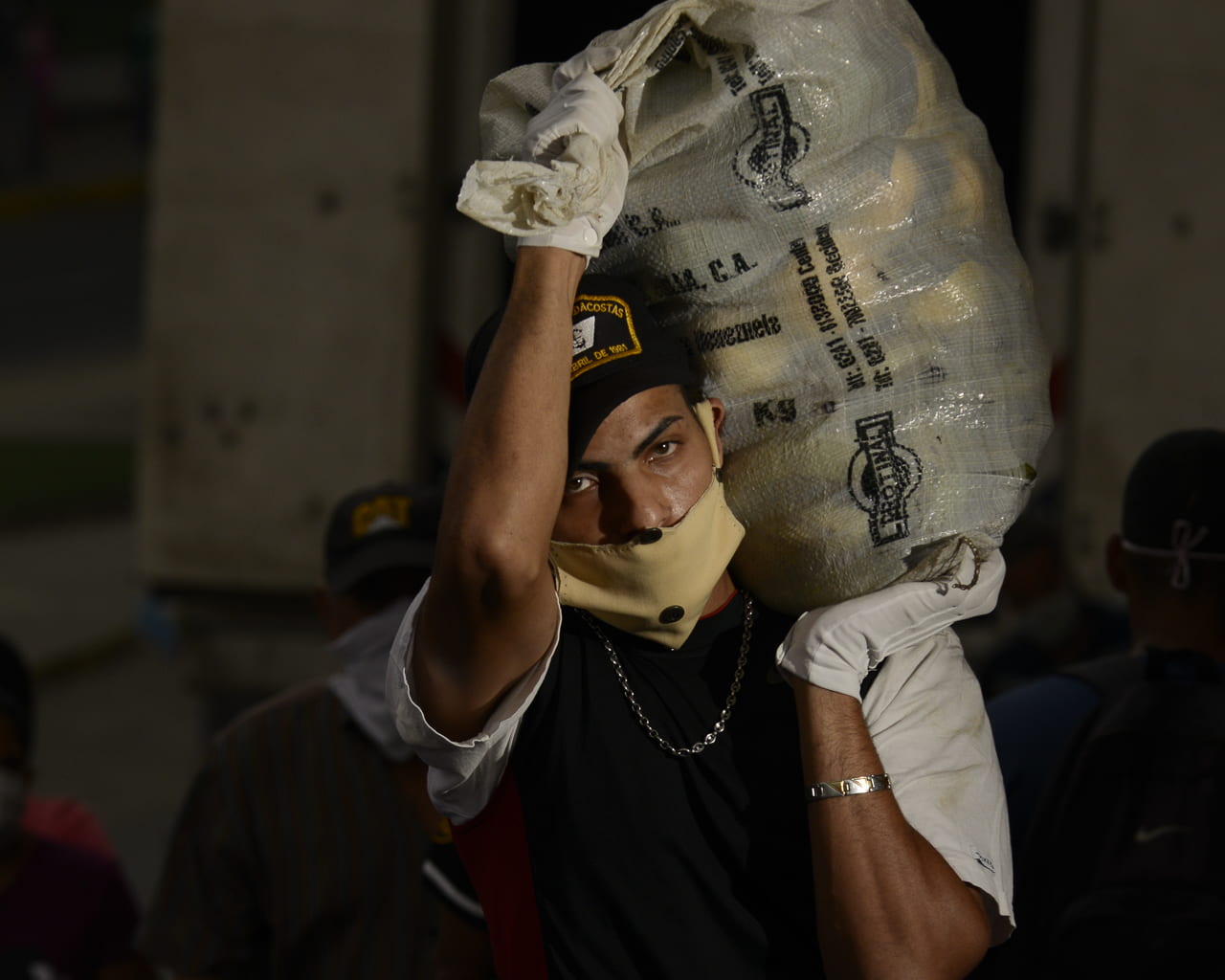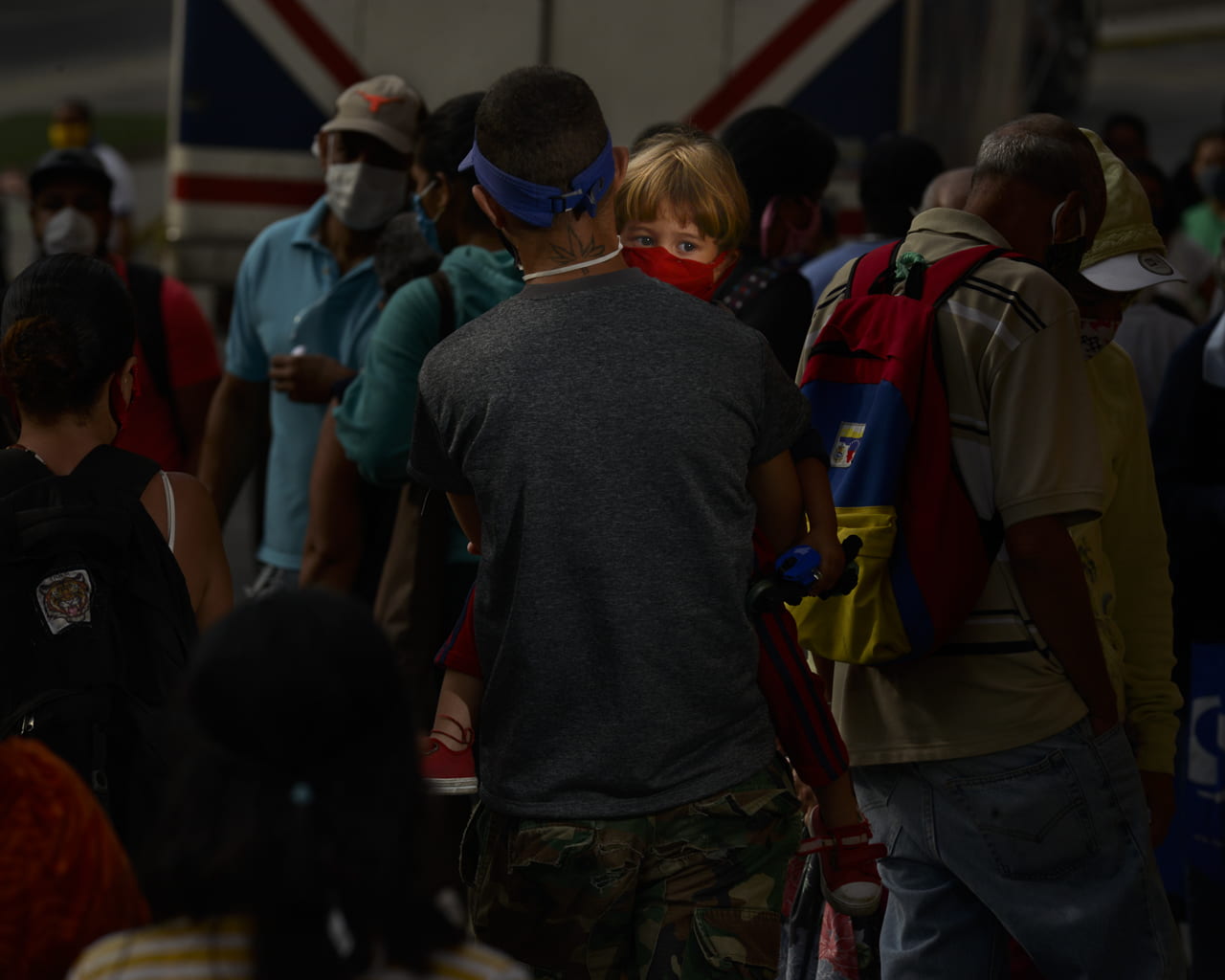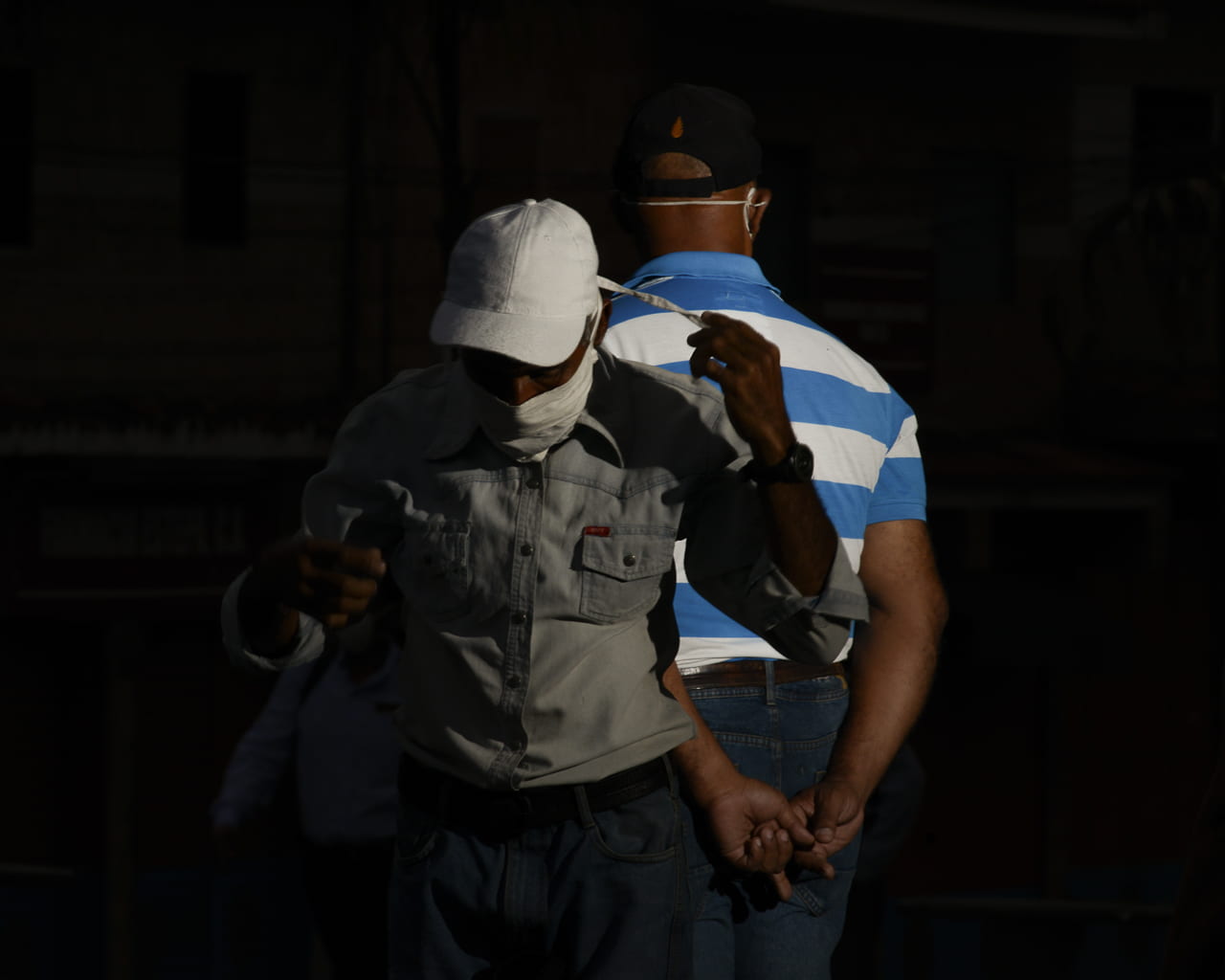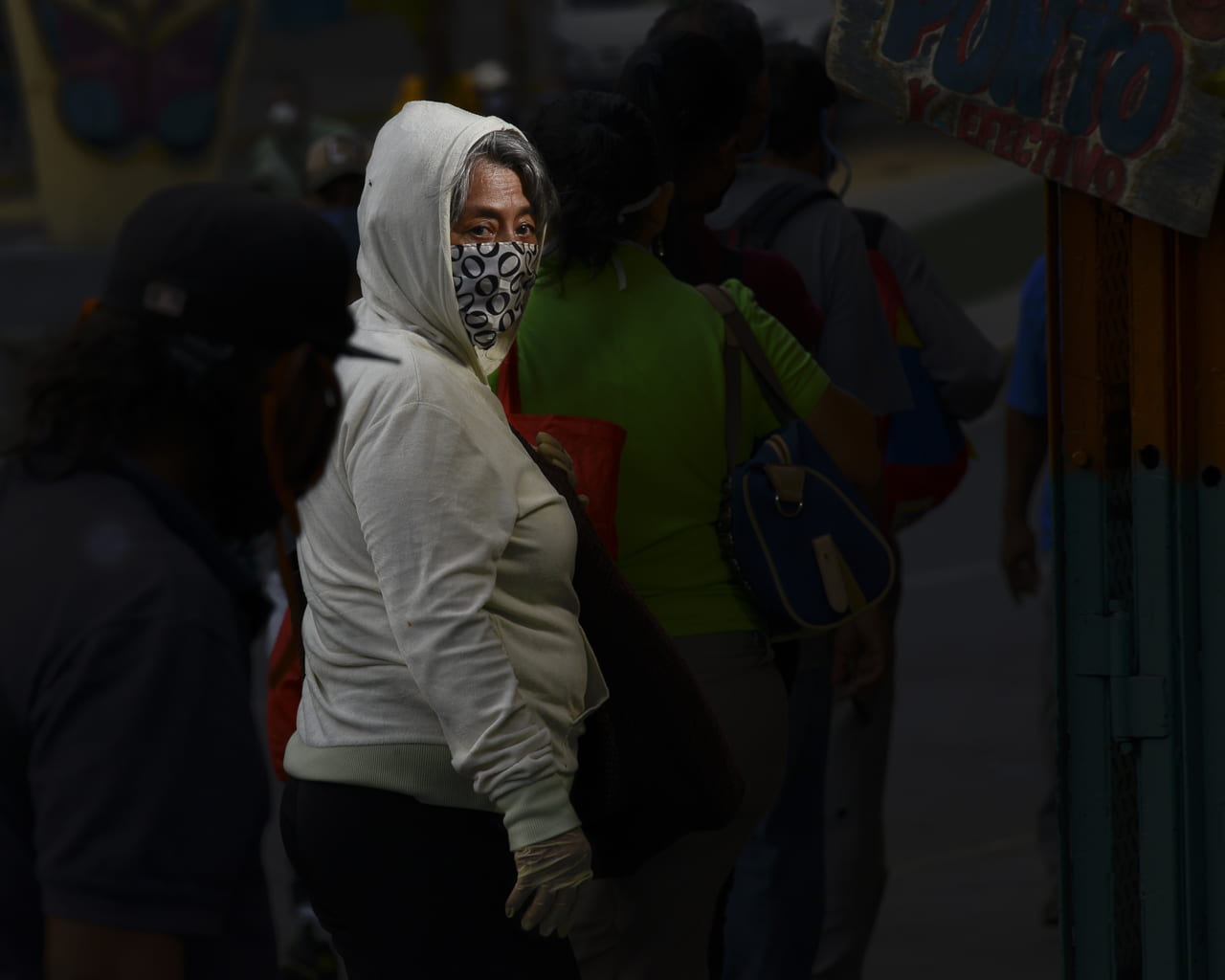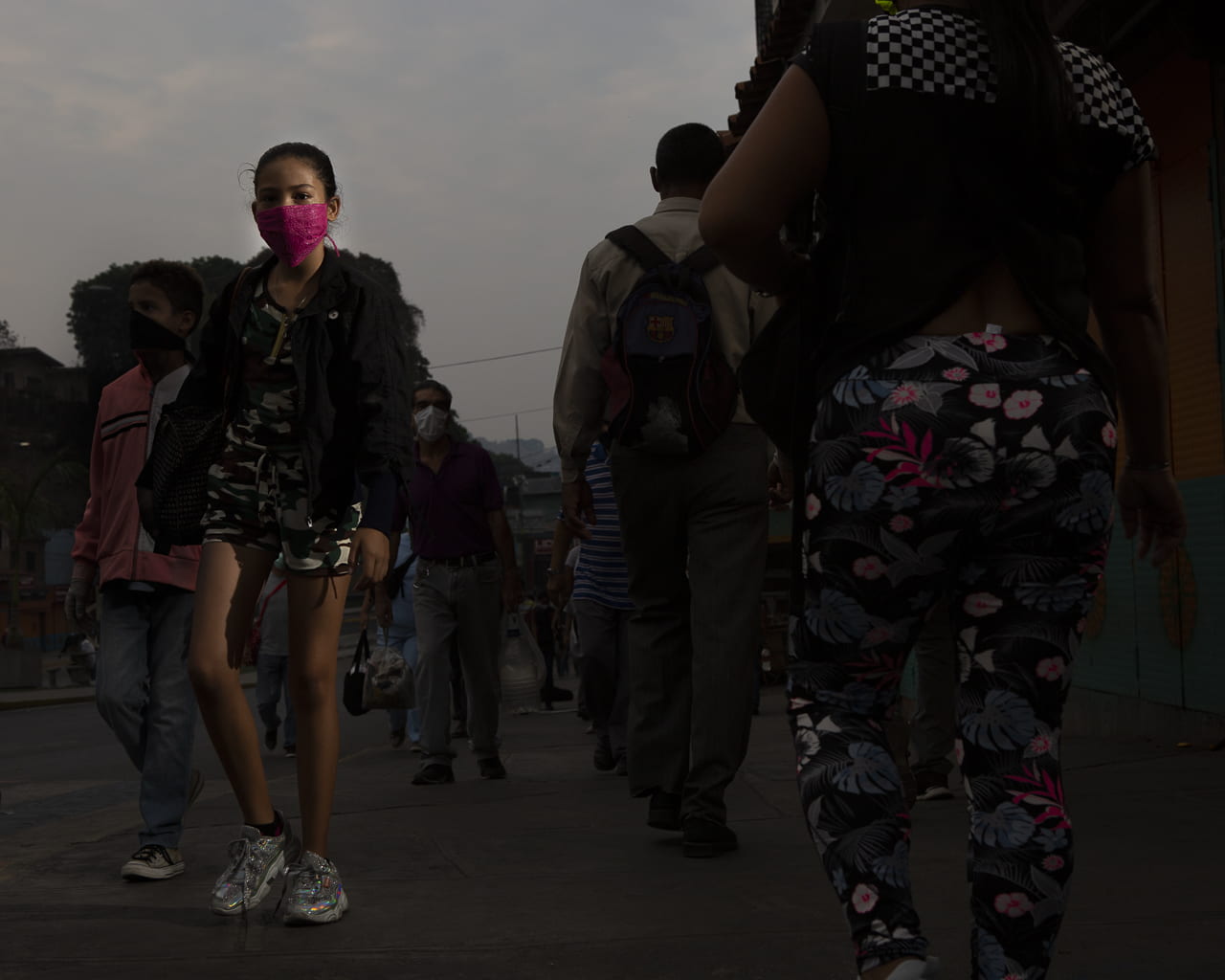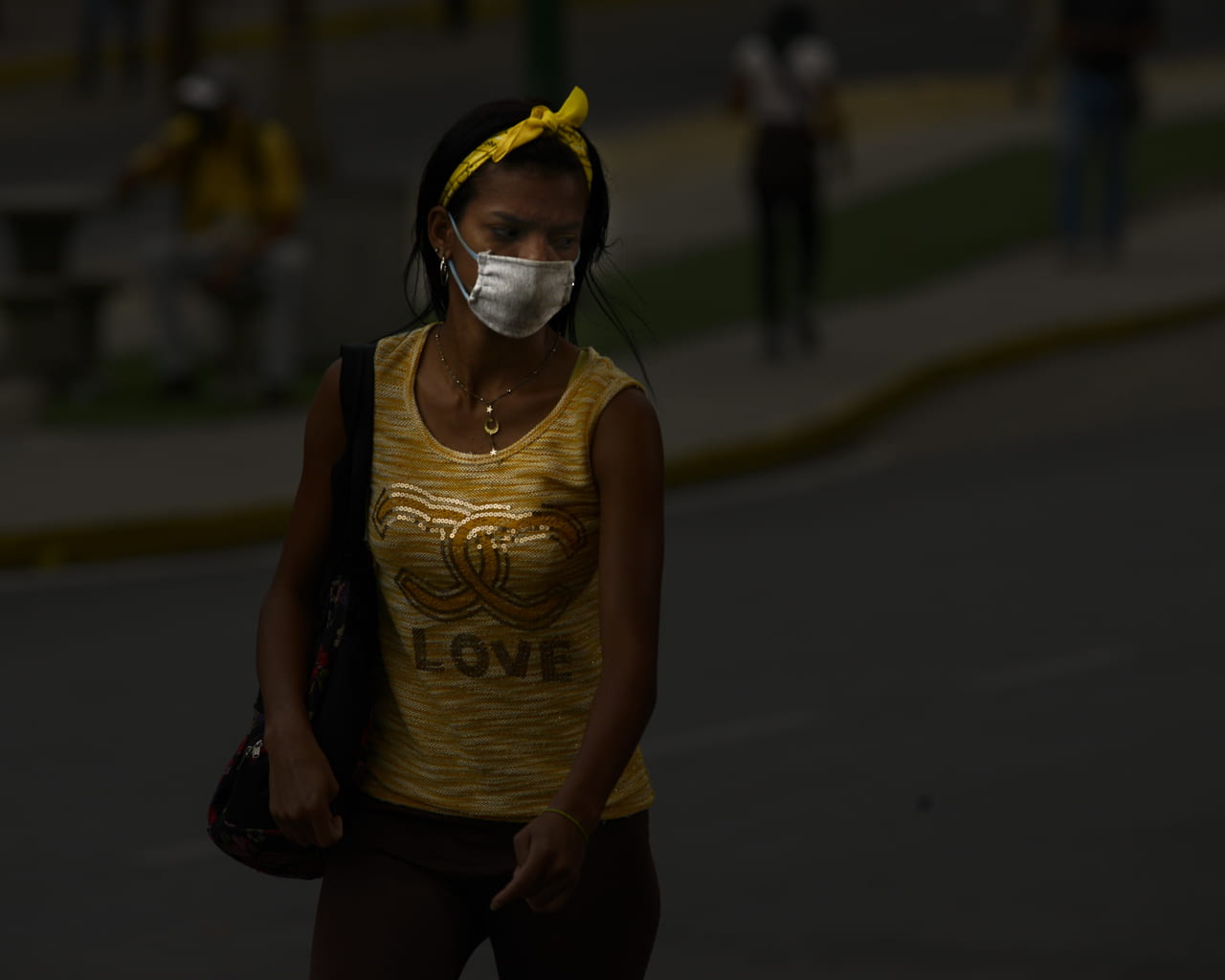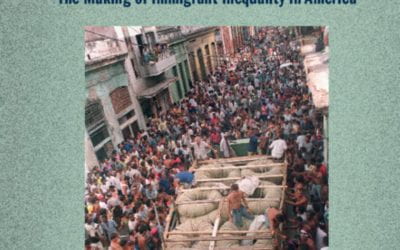We Can’t Stop
The photos of Andrea Hernández Briceno were chosen for the exhibit “Documenting the Impact of Covid-19 through Photography: Collective Isolation in Latin America,” curated in collaboration with ReVista and the Art, Culture, and Film program at Harvard’s David Rockefeller Center for Latin American Studies (DRCLAS.)
The exhibition, based on an Open Call for Photography launched in July 2020, aims to create a critical visual record of our unprecedented times so they can be remembered by future generations.
- “Platanos” April 23, 2020 Caracas, Venezuela
- “No hay colegio” April 23, 2020 Caracas, Venezuela
- “Perolero” April 23, 2020 Caracas, Venezuela
- “Mascarilla” April 23, 2020 Caracas, Venezuela
- “Voltea” April 23, 2020 Caracas, Venezuela
- “Camino” May 1. 2020 Caracas, Venezuela
- “Love” April 25, 2020 Caracas, Venezuela
Latin America has become a hotspot for Covid-19 as the number of cases rises and persists. It’s a region that brings together ideal conditions for a pandemic: lack of investment in health care systems and a dependence on informal economies. The cheapest method of prevention is social distancing, but how can people stay home if they need to go out to survive?
In Venezuela, these conditions are especially grave. What I’ve heard while making images with a telephoto and a flash in the middle of the commercial area in Latin America’s biggest slum, Petare, is: “We can’t stop”. I’ve been photographing people going to buy or sell food. Commerce is a high-risk activity during a pandemic; it requires contact and closeness. For most people there, social distancing sounds like a trend in New York and they are more afraid of hunger than the virus.
Andrea Hernandez Briceno (1990) is a photographer, National Geographic Explorer and International Women’s Media Foundation fellow based in Caracas,Venezuela. Her work has been published in Time Magazine, The Washington Post, El País and other international outlets. This project was possible thanks to the support of the Covid-19 Emergency Fund for Journalists by the National Geographic Society.
Related Articles
A Review of Cuban Privilege: the Making of Immigrant Inequality in America by Susan Eckstein
If anyone had any doubts that Cubans were treated exceptionally well by the United States immigration and welfare authorities, relative to other immigrant groups and even relative to …
A Review of Conservative Party-Building in Latin America: Authoritarian Inheritance and Counterrevolutionary Struggle
James Loxton’s Conservative Party-Building in Latin America: Authoritarian Inheritance and Counterrevolutionary Struggle makes very important, original contributions to the study of…
Endnote – Eyes on COVID-19
Endnote A Continuing SagaIt’s not over yet. Covid (we’ll drop the -19 going forward) is still causing deaths and serious illness in Latin America and the Caribbean, as elsewhere. One out of every four Covid deaths in the world has taken place in Latin America,...

